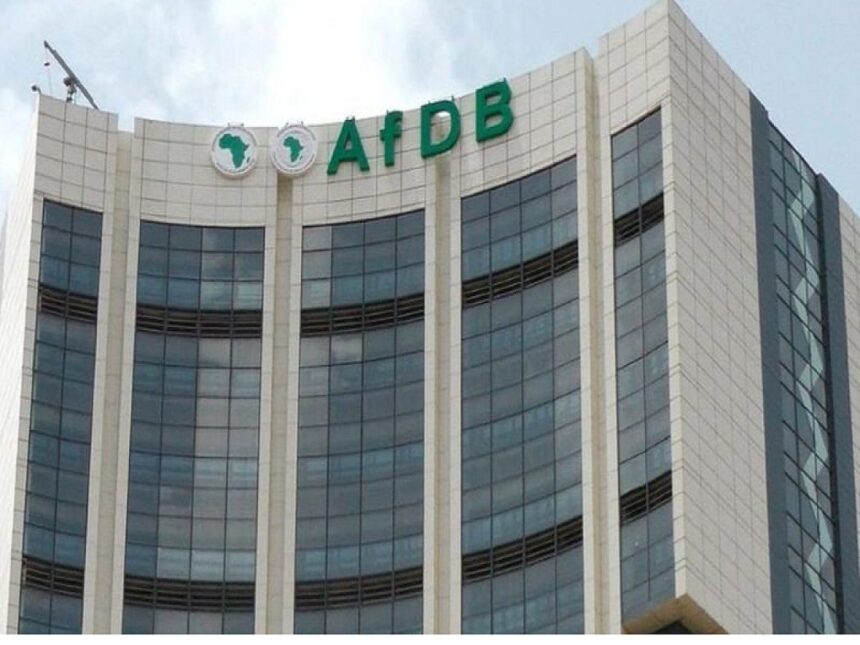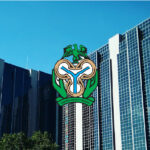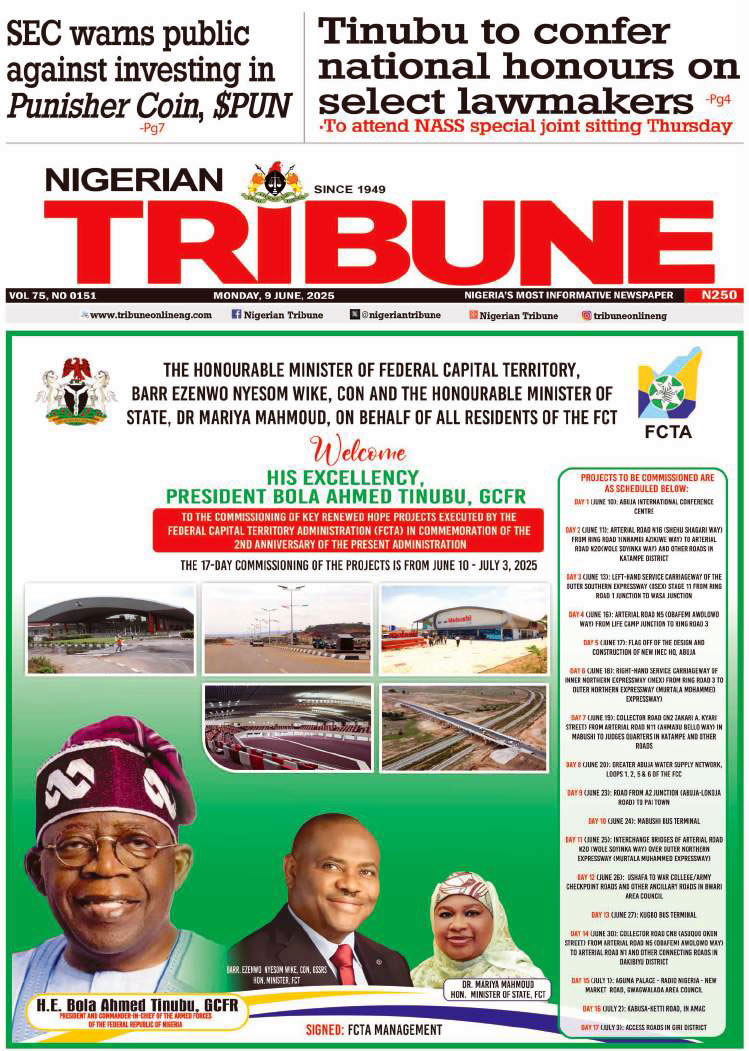US President Donald Trump’s proposed 14 percent tariff on Nigerian exports such as cocoa, fertilisers, and ginger could significantly erode the profit margins of Nigerian banks deeply invested in trade finance, according to the African Development Bank (AfDB).
Though the tariff has been suspended for 90 days, its potential implementation is already triggering concern across Nigeria’s banking sector. Banks like First Bank, Access Bank, and the Nigerian Export-Import Bank (NEXIM)—all of which have a strong foothold in trade finance — are expected to feel the squeeze if the tariff takes effect.
AfDB data shows that trade finance contributes nearly 15 percent of total bank income, underscoring the importance of this revenue stream.
Trade finance encompasses services such as credit provision, payment guarantees, and export-import insurance. It plays a vital role in facilitating international trade, particularly for Nigerian exporters who previously enjoyed duty-free access to the U.S. market under the African Growth and Opportunity Act (AGOA).
With that window now closed and U.S. buyers likely to pull back due to higher costs, trade volumes are expected to dip — directly impacting bank revenues.
Banking executives confirm that export transactions are more attractive than domestic lending, primarily because they bring in foreign exchange (FX) through exporters’ domiciliary accounts.
A reduced inflow of dollars would not only hurt bank earnings but also impair their ability to meet FX obligations to other market participants.
“Trade finance is a major source of revenue,” said Tajudeen Ibrahim, director of research and strategy at Chapel Hill Denham. “More importantly, it supports FX liquidity, which is crucial for the financial system.”
Nigerian banks also support import financing, offering instruments like letters of credit (L/Cs) and commercial loans. Many of these imports are sourced from countries like China, where financing may involve concessional or commercial terms.
However, with a weakening naira — recently falling from N1,531.6 to N1,639.3 per dollar between April 2 and April 9 — banks face mounting pressure from both ends of the trade spectrum.
To stabilise the naira, the Central Bank of Nigeria (CBN) injected $197.71 million into the market through authorized dealers. Yet, the threat of reduced export earnings due to the proposed U.S. tariff may undermine these efforts, potentially spurring inflation and complicating credit risk assessments for banks.
Despite the risks, experts see an opportunity for Nigerian banks to pivot. “Intra-African trade is the key to Africa’s future,” said Ibrahim. “By increasing regional trade transactions, we can reduce our dependence on countries outside the continent.”
As Nigerian banks brace for the fallout from Trump’s tariff decision, they must also rethink their trade finance strategies — diversifying markets, leveraging regional trade blocs, and protecting against FX volatility. While the tariff poses short-term pain, it may also accelerate a shift toward more resilient, Africa-centered trade finance ecosystems.
READ ALSO: New tariff may stall Nigeria’s N55trn budget ambition, compromise AfCFTA plans, MAN warns






